If Arash Saghian’s recent marriage had taken place in the late 1980s or early 1990s, he would likely have faced ostracism from Los Angeles’ Iranian Jewish community. The family of the 25-year-old businessman might have also frowned upon the match, all because his spouse Maya was Ashkenazi.
A few years after fleeing the chaos of Iran’s revolution in 1979 and setting up new roots in Southern California, parents and families in the insular Iranian Jewish community were fearful of losing their customs and the traditional form of Judaism they practiced. For these reasons, many in the community rejected or were fearful of their children marrying Jews from other cultures.
But my, how times have changed.
With today’s Iranian Jews now an important thread in the fabric of Jewish Los Angeles, the community has softened its approach to these so-called mixed marriages. For their part, the Saghians were married in what has almost become a normal occurrence for many younger Iranian Jews.
“Being Jewish is the most important part of the marriage,” Saghian said. “The families have different cultures, but when they see their children are happy and continuing the Jewish traditions … that matters more.”
Saghian is one of a growing number of Iranian Jews marrying Ashkenazi Jews because of their shared level of religiosity. But the trend is also growing among Iranian Jews on the secular end of the religious spectrum.
Dr. Nahid Pirnazar, a professor of Judeo-Persian history at UCLA, said marriage between Iranian Jews and other Jews is not a new phenomenon since many other immigrant Jewish groups have done the same after becoming Americanized over time.
“Thirty or 25 years ago, you wouldn’t see Iranian Jews going to see baseball or basketball games, or musical shows and plays, but now they own suites at the Staples Center or boxes at the Hollywood Bowl,” Pirnazar said. “Today, we as a community are becoming more assimilated, so having an American member in the family is not an inconvenience but a sign of sophistication.”
Pirnazar, whose husband is an American Jew, said many Iranian Jews who were living in the United States as students prior to the 1979 Iranian revolution were open to marriage with non-Iranian Jews, since the Iranian Jewish community was small at that time. Disagreements over finding a spouse from the Iranian Jewish community only arose after the older generation of Iranian Jews immigrated to the United States and were unfamiliar with other Jewish groups.
Iranian Jewish matchmaker Asher Aramnia, who volunteers his time out of the Eretz-SIAMAK Cultural Center in Tarzana, said there were hesitations even back in Iran. Prior to the revolution, marriages between Jews from different cities in Iran were often difficult for families to accept, he said.
“In Iran, in each city the Jewish community was fairly small and everyone knew one another so they could ask around about a family’s background,” Aramnia said. “But when a Jewish man from Shiraz, for example, wanted to marry a Jewish woman in Hamedan, there would be problems because each of the couple’s families had no idea what the other family was like or what their traditions were like.”
Aramnia, who has been married for more than 50 years, also said younger Iranian Jews today have no problems marrying Jews of European and Middle Eastern descent largely because their families have become more tolerant.
“Iranian Jews 25 years ago had heard rumors that American Jews did not want to be married for life, so there were hesitancies to marry with them since our community does not easily accept divorces,” he said. “But now, after they’ve seen so many long and successful marriages with American Jews, the doubts have disappeared.”
When Jaleh Naim’s daughter Neda met a Brazilian Jew at the USC dental school 10 years ago, the mother of three didn’t know how to take it at first.
“It was very hard for me to accept their relationship because we had no idea what his background was like,” Naim said. “But today they’re very happy together and that’s all I want.”
Dr. Morgan Hakimi, an L.A.-based Iranian Jewish psychologist, said despite the language and cultural differences, Iranian Jews have increasingly chosen to marry into other Jewish groups after having discovered they share common religious values with other Jews.
“We should not underestimate the power of the Jewish religion as a common denominator,” said Hakimi, who is also president of the Nessah Synagogue in Beverly Hills. “A great foundation that has contributed to overlooking their cultural difference is Jewish knowledge and philosophy that has become the anchor in many of these marriages.”
But many families still frown upon intermarriage with individuals of other faiths, Aramnia said.
“There are a number of Iranian Jewish men who have married non-Jewish Mexicans and Filipinos, which the majority of our families do not approve of,” Aramnia said. “But parents are beginning to be more receptive to their children’s spouses who convert to Judaism.”
As the taboo of marriage to Jews of other cultures continues to abate, even many older Iranian Jews are finding Jewish spouses of Ashkenazi heritage. Gerald Bresler, of Encino, said he married his Iranian Jewish wife 18 years ago after being divorced because he had had positive business dealing with Iranians in Southern California.
“When I met my wife I was not surprised. I liked her mannerisms and everything about her,” said Bresler, who is in his 60s. “I think American Jewish men are attracted to Iranian Jewish women because they really try to please the man.”
Bresler said some older Jewish couples where the women is an Iranian and the man is an American have been successful because of the level of respect the couples have for one another.
“With the older generation in Iran, the male is more dominant than the female, whereas in the American culture men treat women equally,” Bresler said. “So I think if anything, Iranian Jewish women might be interested in marrying an American Jew because they might feel more equal.”
Many in the L.A. Iranian Jewish community feel the trend will continue as long as the marriages remain successful. Hakimi said the common ingredients in the relationships that continue to work have been “love, respect and tolerance for one another’s differences.”







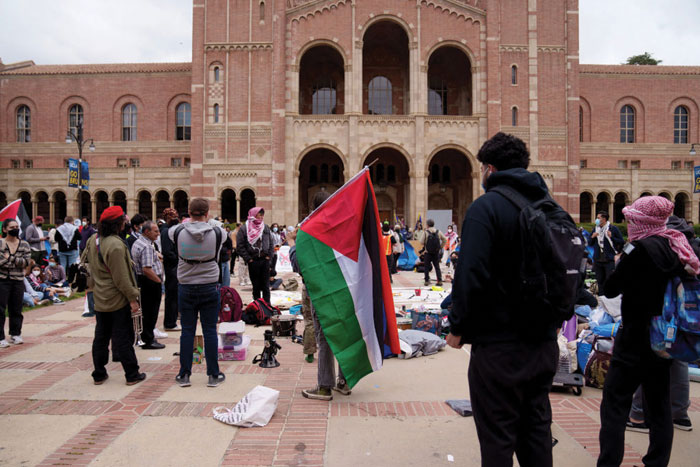
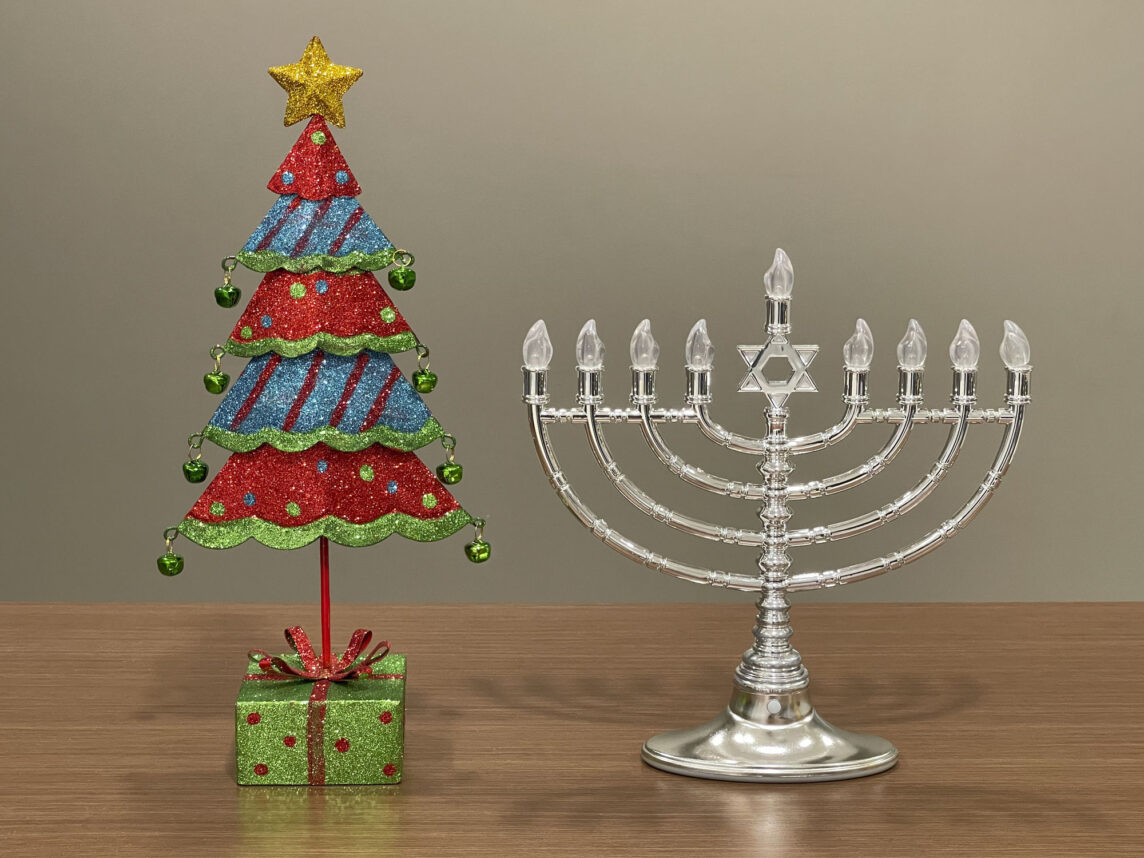
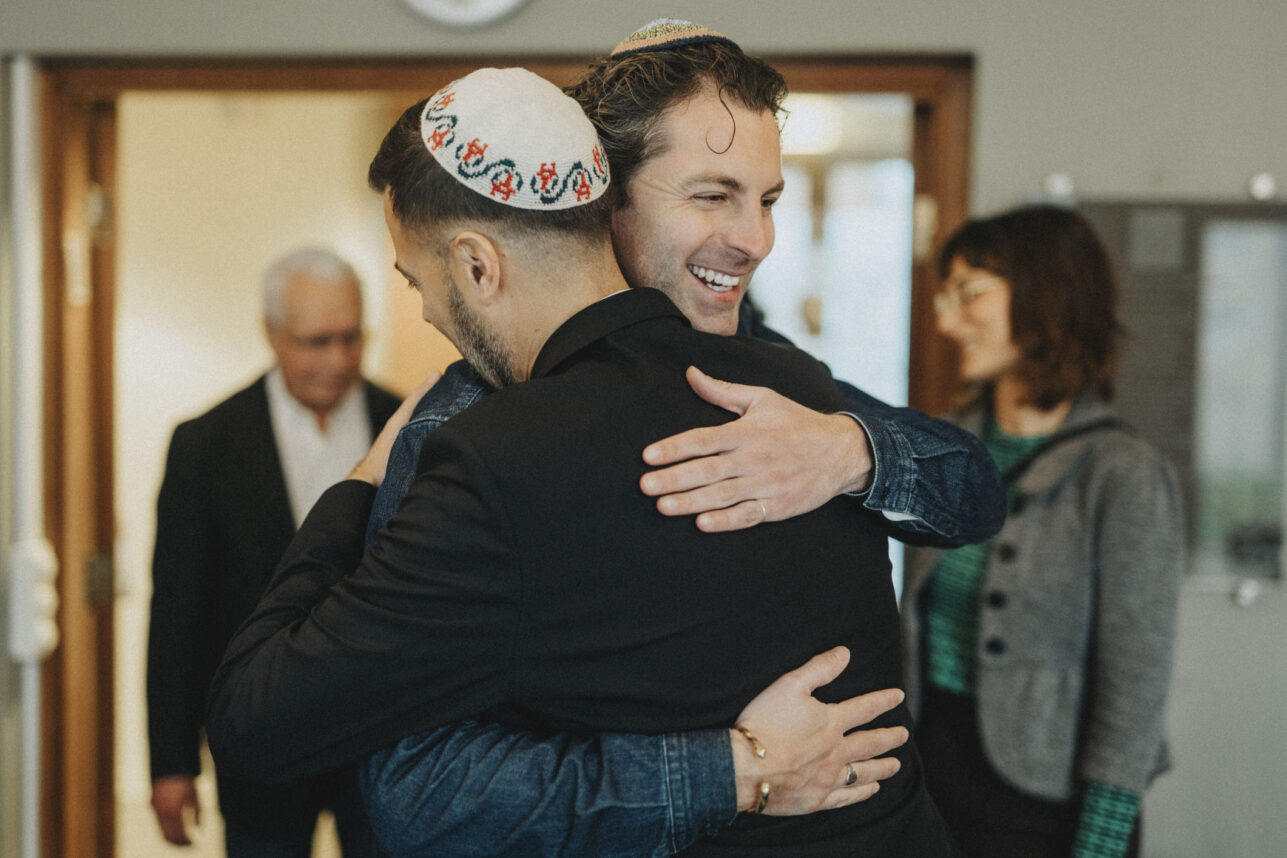
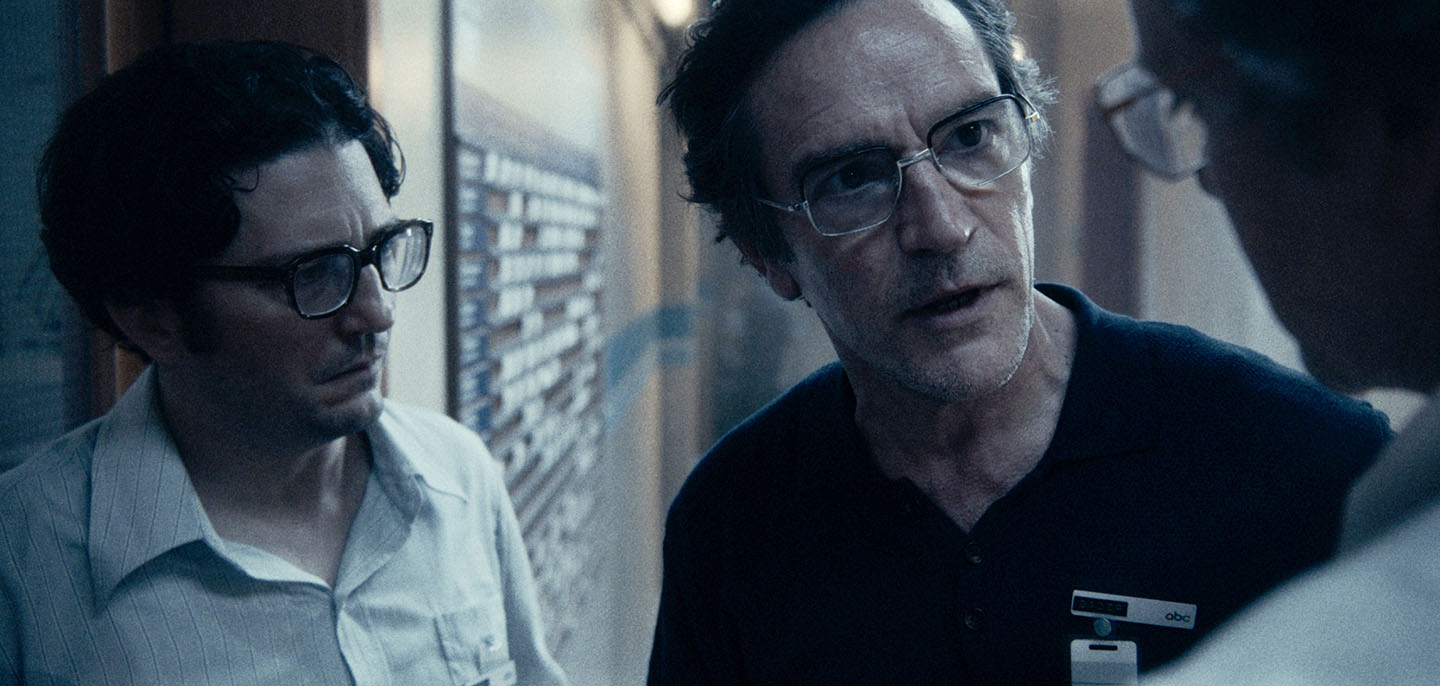
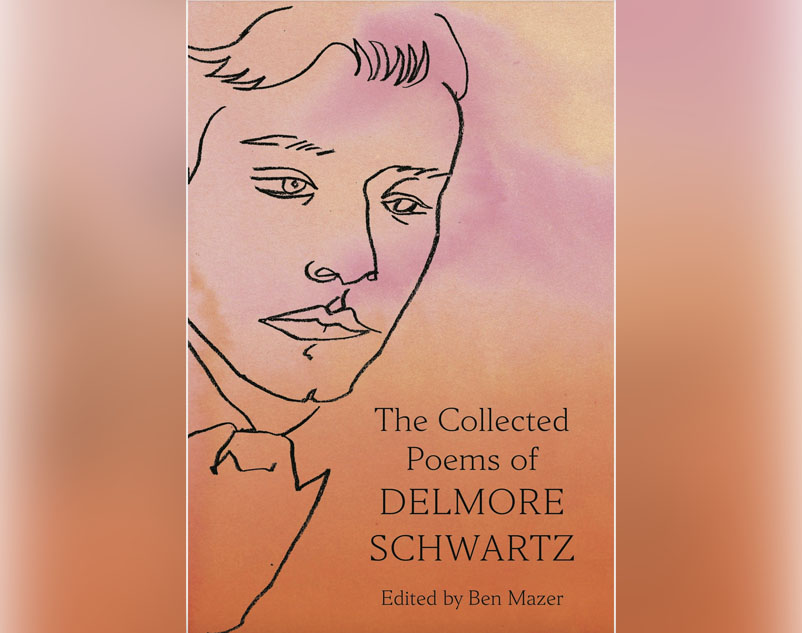

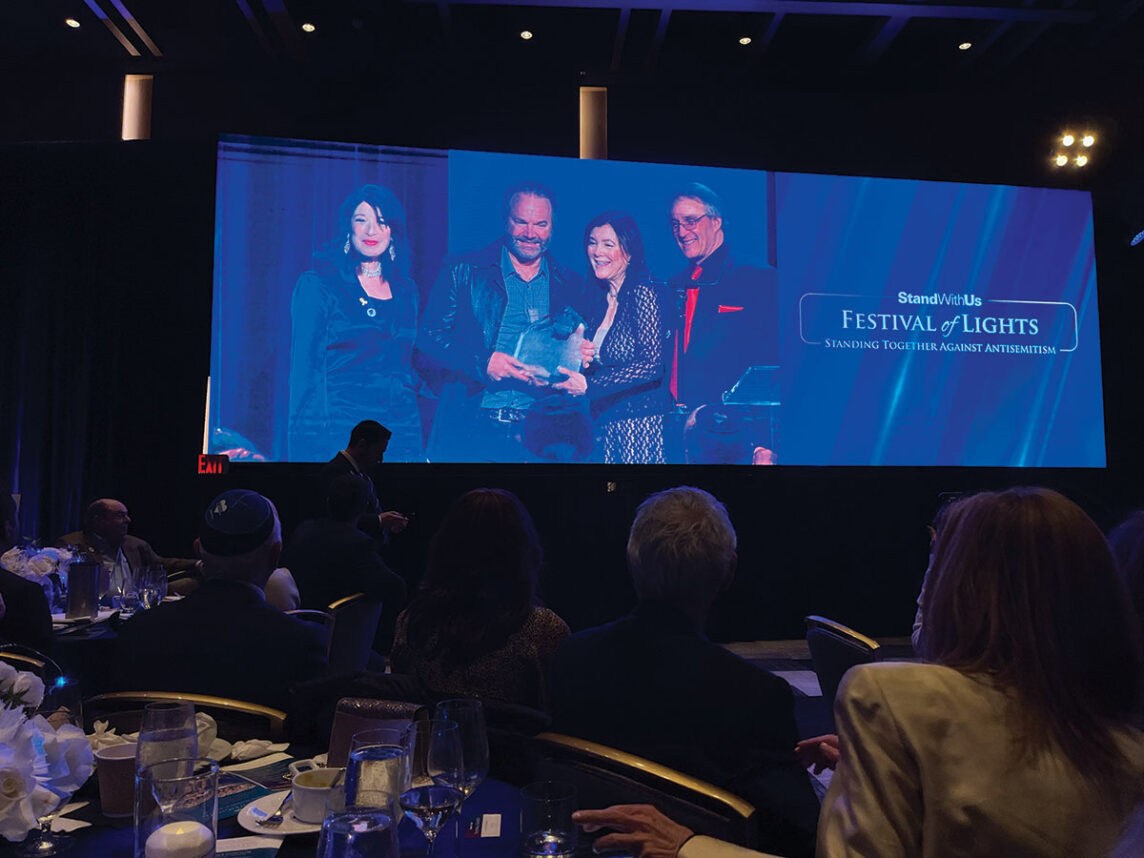
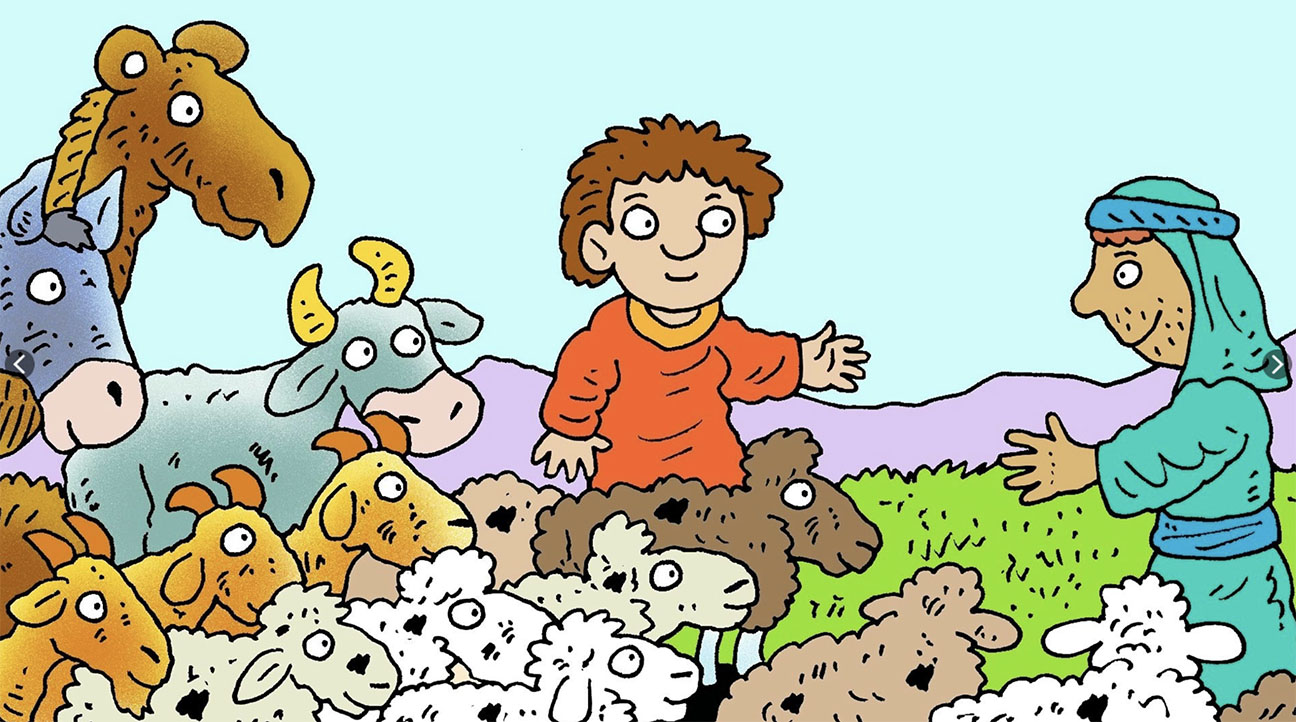
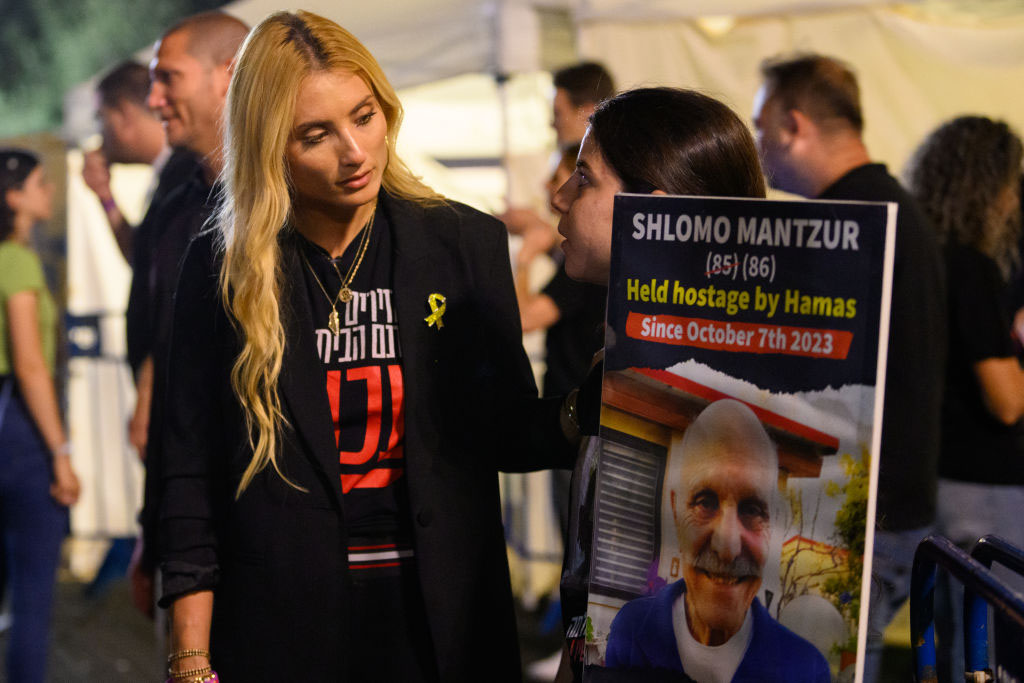
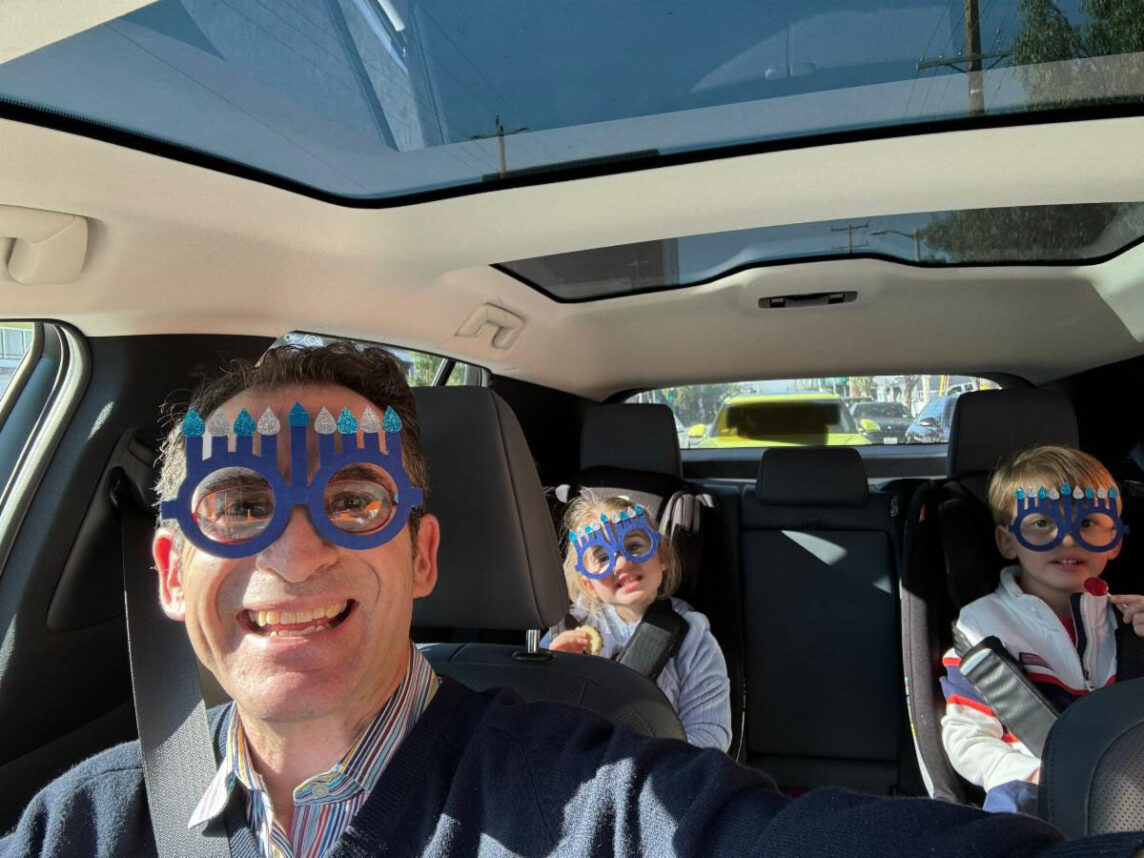





 More news and opinions than at a Shabbat dinner, right in your inbox.
More news and opinions than at a Shabbat dinner, right in your inbox.